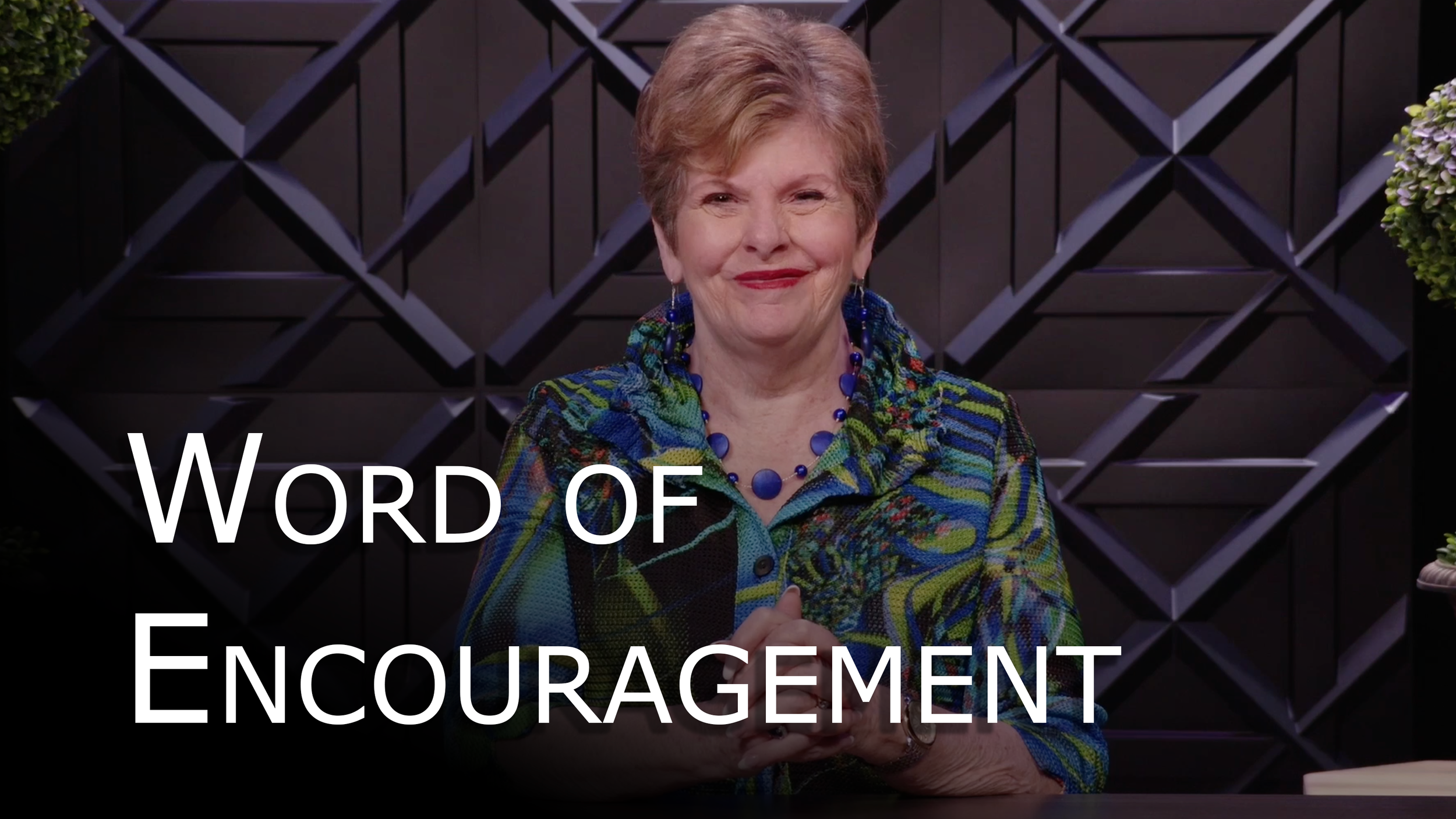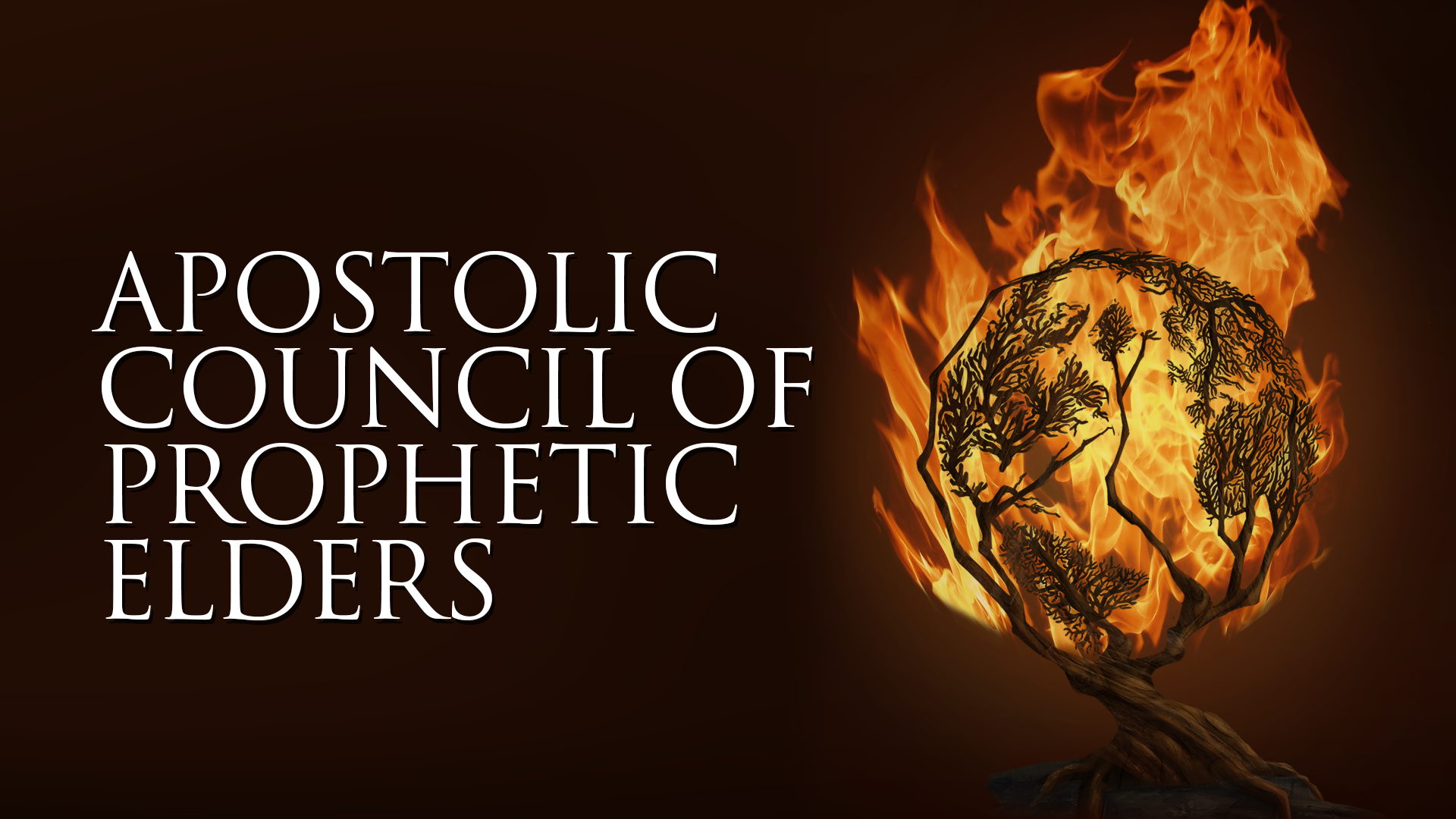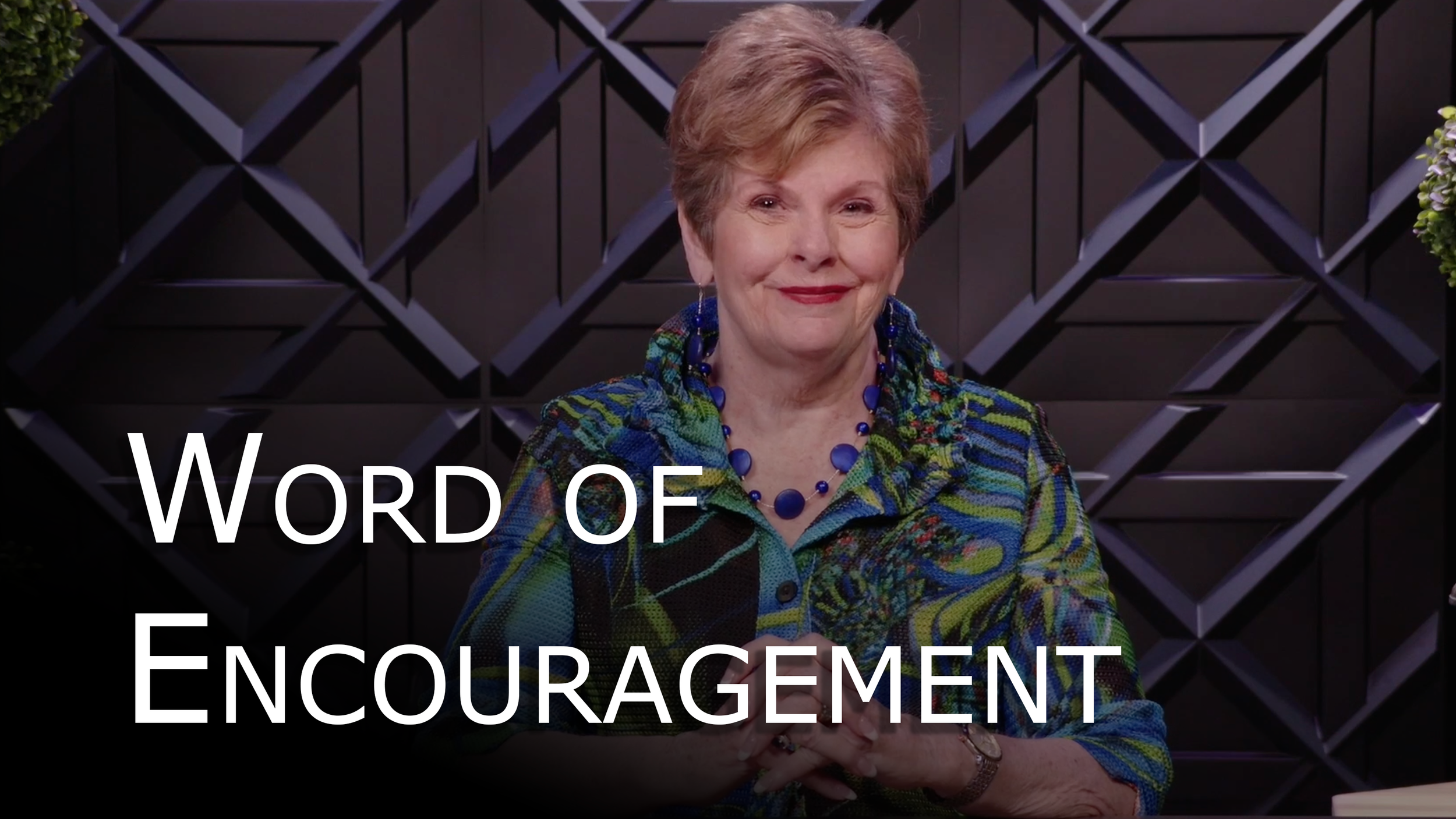God's Design for Compassionate Justice
Take away from Me the noise of your songs, for I will not hear the melody of your stringed instruments. But let justice run down like water, and righteousness like a mighty stream. - Amos 5:23, 24 (NKJV)
God is just; therefore, He desires justice for and from His church. Influenced by the world’s system, we often equate justice with punishment alone, demanding to see the perpetrator suffer, and once that suffering is exacted, we walk away.
There is a passage in Matthew that is often used to justify this harsh way of dealing with people, but the overall context and purpose of these words gets lost. God wants us to have His perspective regarding the compassionate justice and reconciliation He desires. Let’s look at the larger context:
Take heed that you do not despise one of these little ones, for I say to you that in heaven their angels always see the face of My Father who is in heaven. For the Son of Man has come to save that which was lost. What do you think? If a man has a hundred sheep, and one of them goes astray, does he not leave the ninety-nine and go to the mountains to seek the one that is straying? And if he should find it, assuredly, I say to you, he rejoices more over that sheep than over the ninety-nine that did not go astray. Even so it is not the will of your Father who is in heaven that one of these little ones should perish. Moreover if your brother sins against you, go and tell him his fault between you and him alone. If he hears you, you have gained your brother. But if he will not hear, take with you one or two more, that “by the mouth of two or three witnesses every word may be established.” And if he refuses to hear them, tell it to the church. But if he refuses even to hear the church, let him be to you like a heathen and a tax collector. (Matthew 18:10-17; NKJV)
Several points are worthy of examination:
1. “The little ones” are not necessarily children. The Greek word translated “little” could also be translated “least.” The little ones, therefore, can be those who are new or immature in their faith; it could also be those who are weakest or most vulnerable. In some respects, we are all “little ones.”
If one of us goes astray, the heart of Father God is for that one to be rescued from the rocky perils of worldliness and to be restored to His flock.
2. In this passage, God gives us the process for reconciliation. We are just as accountable for following this progression as the wayward sheep is for his actions in leaving the fold of the Shepherd.
Unfortunately, we frequently follow another path: we gossip over coffee, take one or two others with us to “ambush” the offender, which humiliates the “lost sheep.” Then we quickly spread the word that God will remove blessing from the church if that wayward one remains. This is neither compassionate nor just.
3. God tells us that, if the offender does not repent, we are to treat them as we would treat a heathen or a tax collector. We have generally taken that to mean cutting them off or dismissing them, but what if we were to consider what that means in the context of how God Himself treated the heathen or tax collector in Scripture?
Remember, Abraham came from a family that worshipped false gods (Joshua 24:2), but God revealed Himself to this heathen and made a profound covenant with him.
In the New Testament, Matthew, who is sometimes called Levi, was a tax collector, yet he was called out to be one of Jesus’ disciples. Zaccheus—another tax collector—was sought out by Jesus and invited into a life-changing encounter.
The heathen and the tax collector represent those regarded with great disdain in the Hebrew culture, yet the Lord pursued them, loved them, and discipled them.
4. Godly justice requires not only that we are held accountable for our decisions and our actions, but we are also to be loved, counseled, discipled, and brought back into the fold. And while it is true that sometimes people resist this process, still God’s unfailing love never writes anyone off.
Since the Fall, God’s plan has been to redeem and to reconcile a people for Himself. True justice—compassionate justice—requires making a pathway to repentance and restoration. Reconciliation, rather than ostracism, will create an atmosphere where justice can run down like water and righteousness like a mighty stream.









